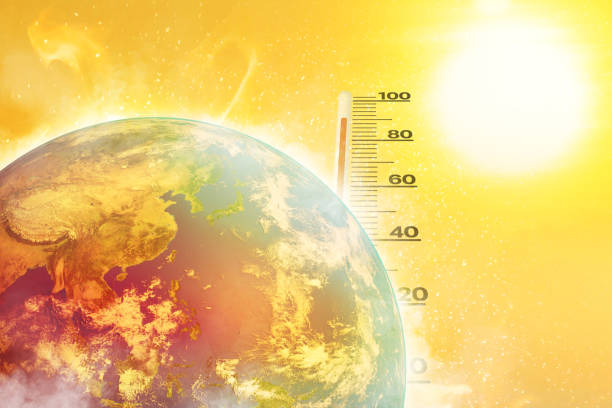Global Temperature Increase
Over the past century, the Earth's average surface temperature has risen significantly. This trend is largely attributed to increased concentrations of greenhouse gases in the atmosphere, primarily due to human activities such as burning fossil fuels and deforestation.

Causes of Rising Temperatures
The primary driver of recent temperature increases is the enhanced greenhouse effect. Key contributors include:
- Carbon Dioxide (CO2): Emitted through the burning of fossil fuels, such as coal, oil, and natural gas.
- Methane (CH4): Released during the production and transport of coal, oil, and natural gas, as well as from livestock and other agricultural practices.
- Nitrous Oxide (N2O): Emitted from agricultural and industrial activities, as well as during combustion of fossil fuels and solid waste.
Impacts of Rising Temperatures
The consequences of increasing global temperatures are far-reaching and include:
- Melting Ice Caps and Glaciers: Leading to rising sea levels and threatening coastal communities.
- Extreme Weather Events: Increased frequency and intensity of heatwaves, hurricanes, droughts, and floods.
- Disruption of Ecosystems: Altering habitats and threatening biodiversity.
- Human Health Risks: Increased heat-related illnesses and the spread of vector-borne diseases.